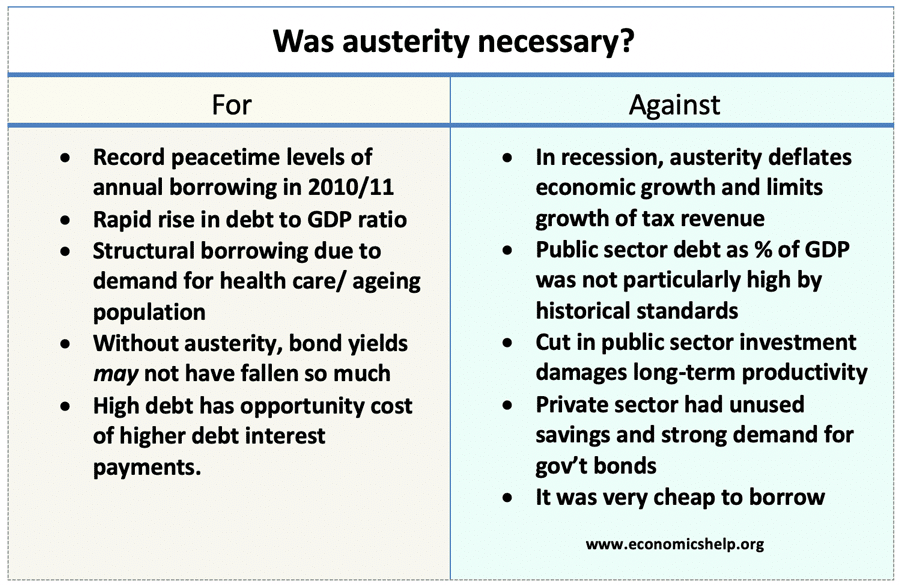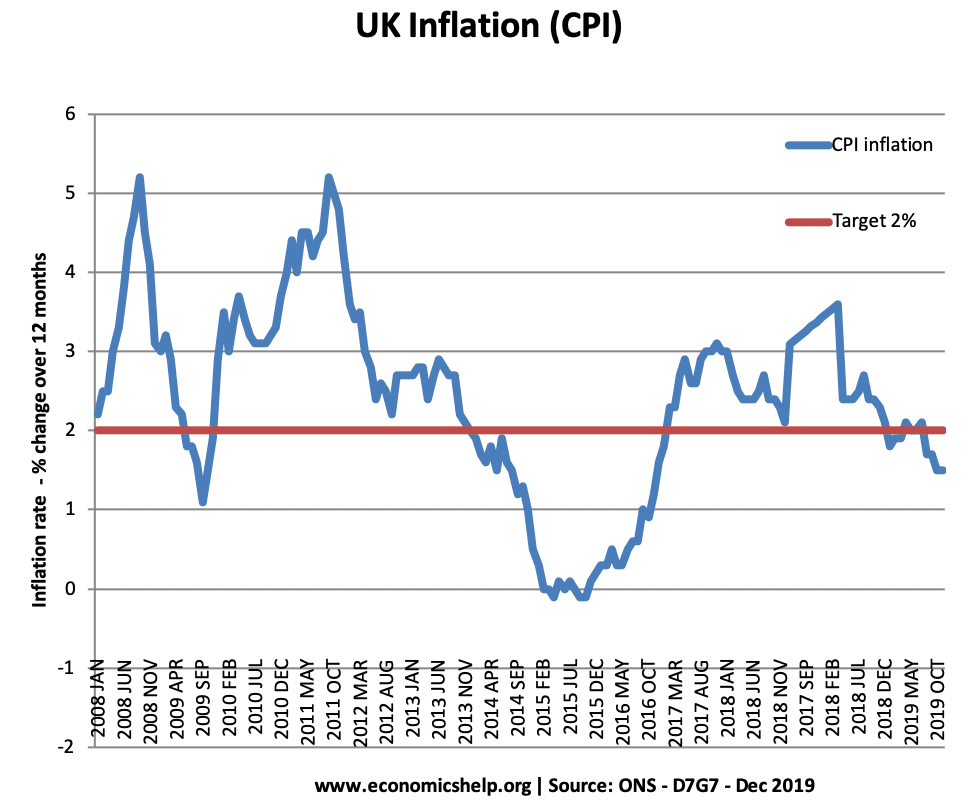Impact of productivity and interest payments on debt
Readers question: In all the media coverage of the UK deficit / debt / recovery, two aspects are rarely highlighted / quantified / contextualized. 1. The £50bn interest payments on the debt (opportunity cost / %) 2. UK productivity (output per head / sector / history) I think interest payments on debt are an important …


